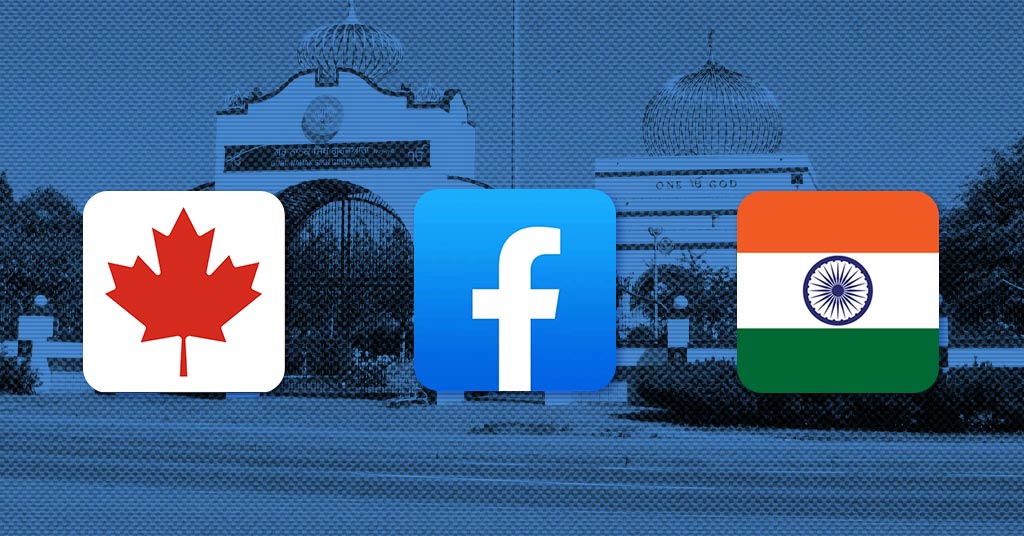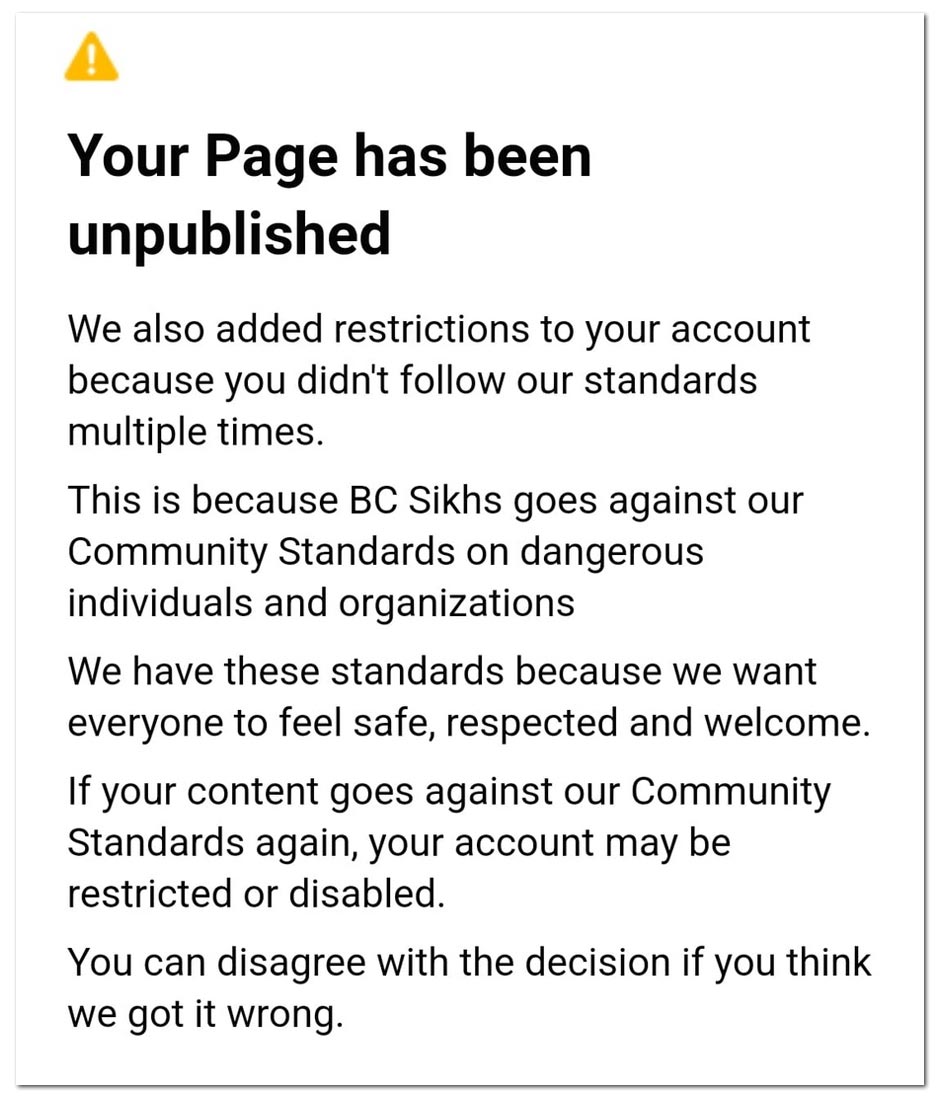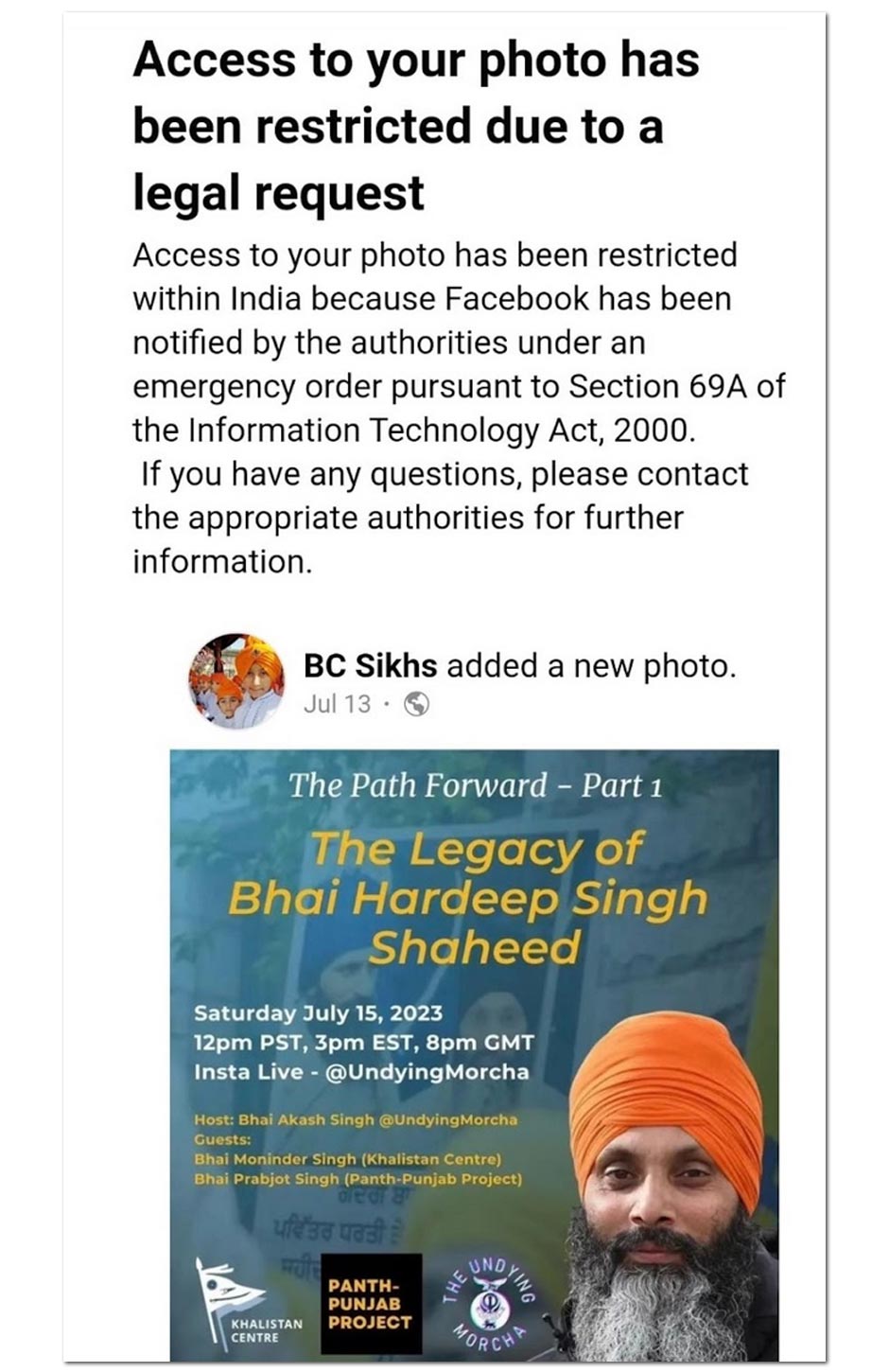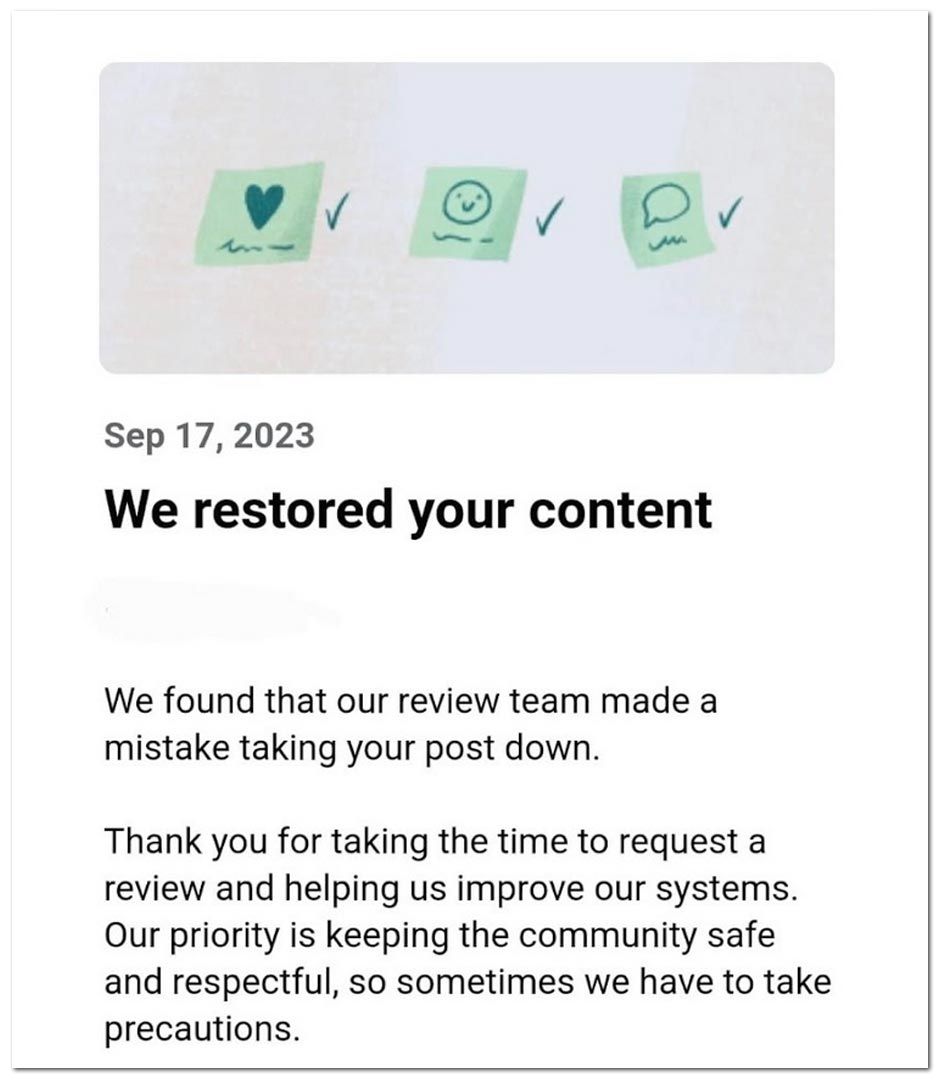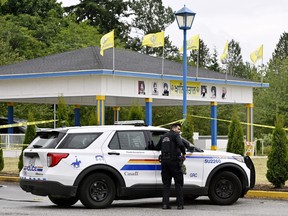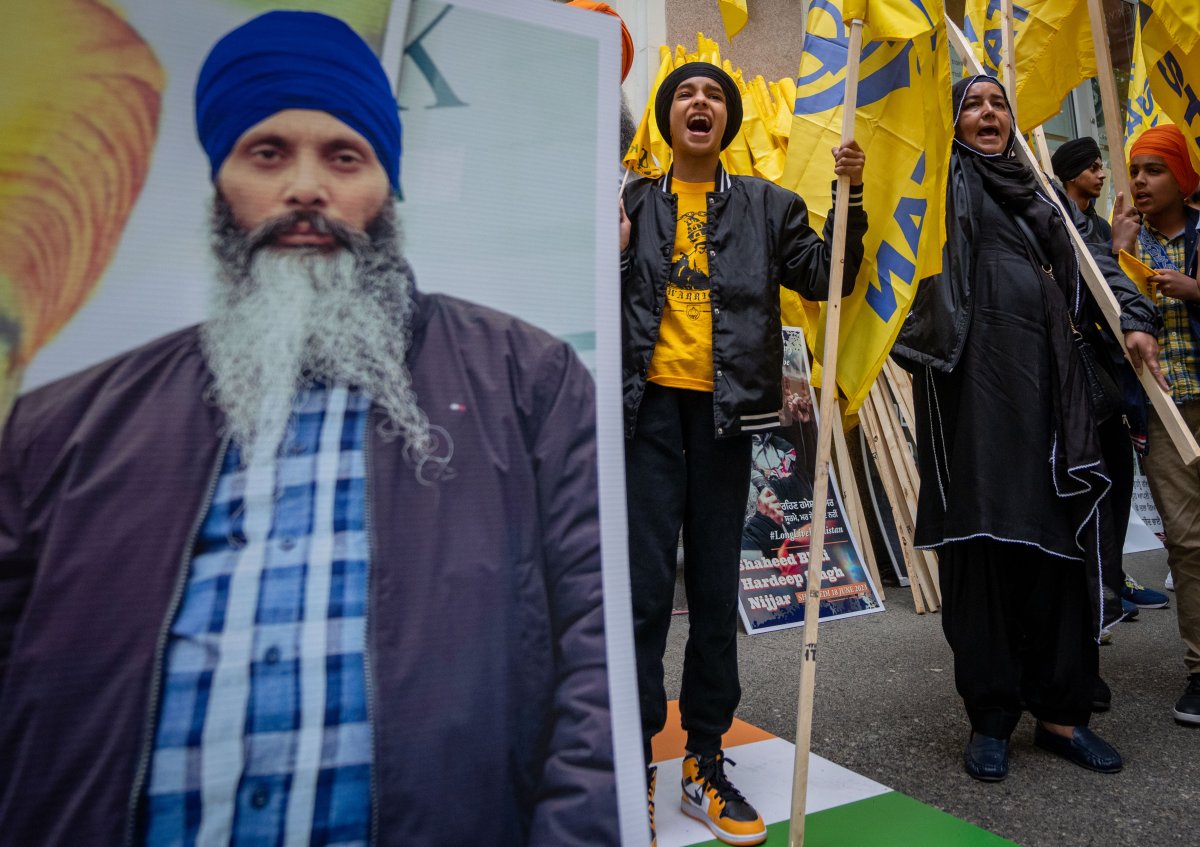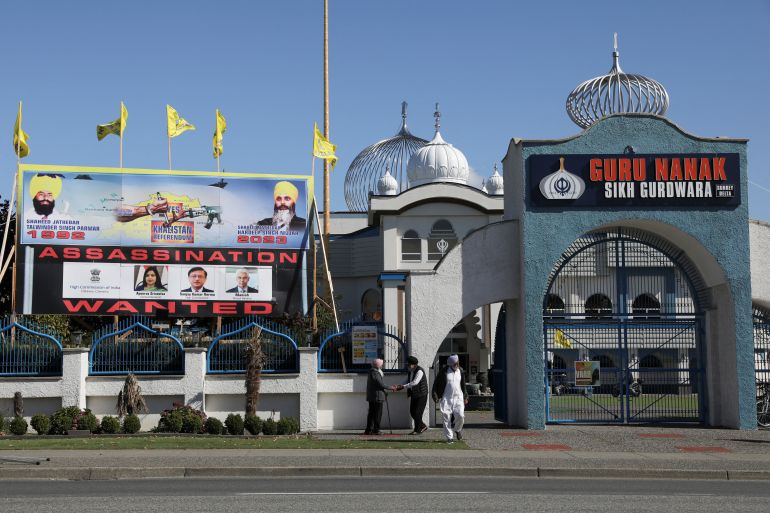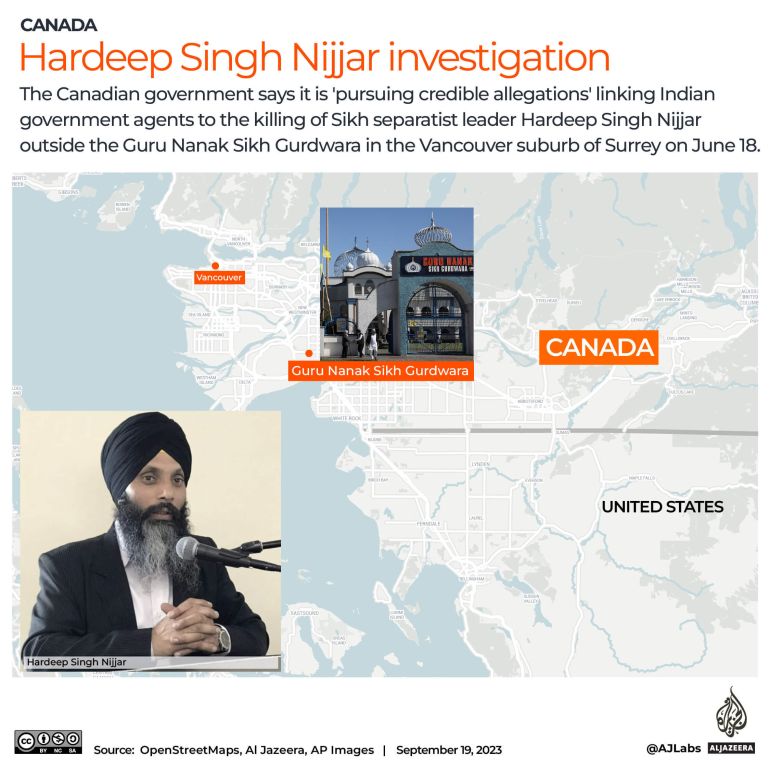Air India Kanishka bombing: Canada identifies bomb-tester Mr X after 40 years
Even as the world marks the 40th anniversary of the 1985 Air India Kanishka bombing, Canada's RCMP has finally identified the mysterious 'Mr X' linked to the terror attack that killed 329 people. Mr X tested a bomb with the Khalistani mastermind weeks before the blast, but died without facing charges.

On the 40th anniversary of the Kanishka Air India bombing, RCMP confirms identity of the long-unknown bomb tester. (Image: File)
India Today World Desk
New Delhi,UPDATED: Jun 23, 2025
Written By: Priyanjali Narayan
The Royal Canadian Mounted Police (RCMP) finally identified 'Mr X', a man who was involved in testing a bomb just weeks before the deadly Kanishka Air India bombing on June 23, 1985. However, the RCMP did not reveal his name, citing privacy laws. This came on the eve of the 40th anniversary of the attack in which 329 people were killed. What is shocking is that Mr X died without facing any charges.
On June 21, RCMP Assistant Commissioner David Teboul confirmed the death of the mysterious Mr X during an event commemorating the anniversary of the Kanishka bombing. Dozens of relatives of the victims attended the memorial.
On June 23, 1985, a bomb was detonated midair by Khalistani terrorists on Air India Flight 182, killing all 329 people on board. The plane was flying from Montreal to Mumbai with a stopover in London. The passengers were mostly Canadians of Indian origin.
The explosion, which took place off the coast of Ireland, is recorded as the worst terror attack against Canadians.
WHAT WE KNOW ABOUT MR X OF AIR INDIA KANISHKA BOMBING
Teboul, along with several other RCMP officers, was part of the Canadian delegation present at the memorial to mark the 40th anniversary of the bombing.
advertisement
He is the commander of federal policing in British Columbia, stated that despite the acquittals of two key suspects in the bombing case in 2005, investigators continued to pursue the case "to tie up some loose ends and discover more truth that’s independent of judicial process."
This persistent investigation ultimately led to the discovery of the identity of the mystery man referred to as 'Mr X', who had travelled to Duncan, British Columbia, on June 4, 1985, with Talwinder Singh Parmar, a terrorist of Babbar Khalsa and mastermind of the terror plot.
The two men then met up with Inderjit Singh Reyat, an electrician, who was later found guilty of making and planting bombs.
The trio entered the woods and tested a bomb, while agents from the Canadian Security Intelligence Service (CSIS) were following them. They then joined Inderjit Singh Reyat and entered a wooded area to test an improvised explosive device (IED).
CSIS agents had been surveilling the trio and heard the blast, but mistakenly believed it to be the sound of gunfire. As a result, they did not pursue any charges at the time.
CANADIAN AGENCIES AND LOOSE ENDS OF KANISHKA BOMBING
For decades, investigators referred to one of the men involved in testing the bomb as 'Mr X', as they were unable to confirm his identity. According to the RCMP, he died not long ago, without ever facing any charges.
advertisement
In his address at the memorial on Saturday, David Teboul reiterated that following the 2005 acquittals, the investigation continued in hopes of resolving "loose ends", eventually identifying the man who helped test the type of bomb that brought down the Air India flight 40 years ago.
Inderjit Singh Reyat was the only individual ever convicted in connection with the bombing.
He pleaded guilty to helping build the bomb that exploded on AI-182 but claimed he did not know the identity of 'Mr X'. Reyat later committed perjury during the trial, which led to a longer prison sentence. He has since served his time and been released.
Talwinder Singh Parmar, the alleged mastermind behind the bombing and founder of the Babbar Khalsa terrorist group, was killed in a shootout with Punjab Police in 1992.
During the memorial, David Teboul acknowledged that, although the investigation continued for many years, "there was very little realistic chance of seeing the matter go to another trial". He emphasised that the Kanishka bombing was the "largest act of terrorism" in Canada's history.
advertisement
"So we, RCMP, have an obligation to memorialise it and pay respect every year," Teboul told those gathered.

